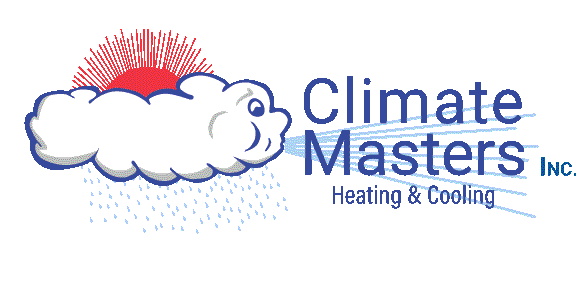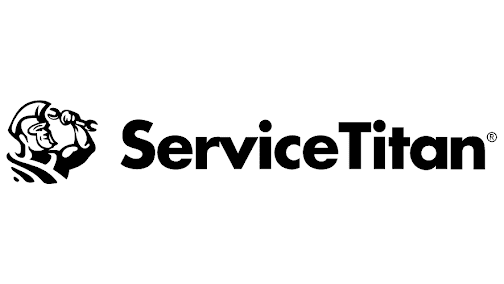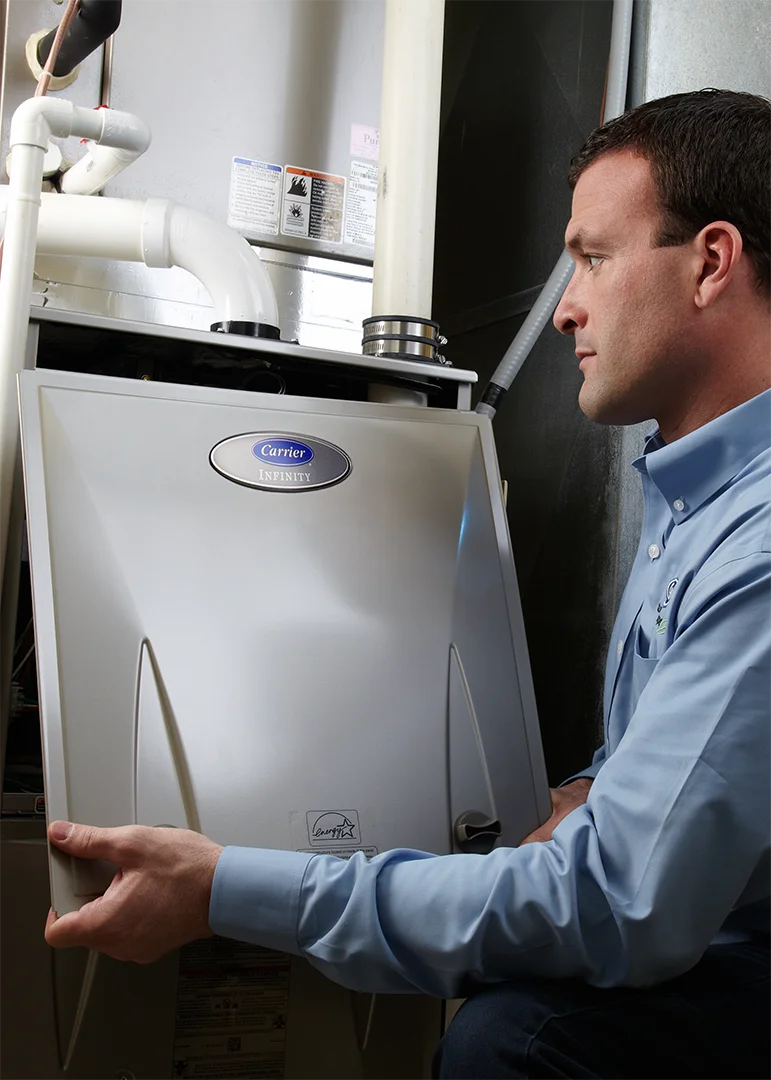
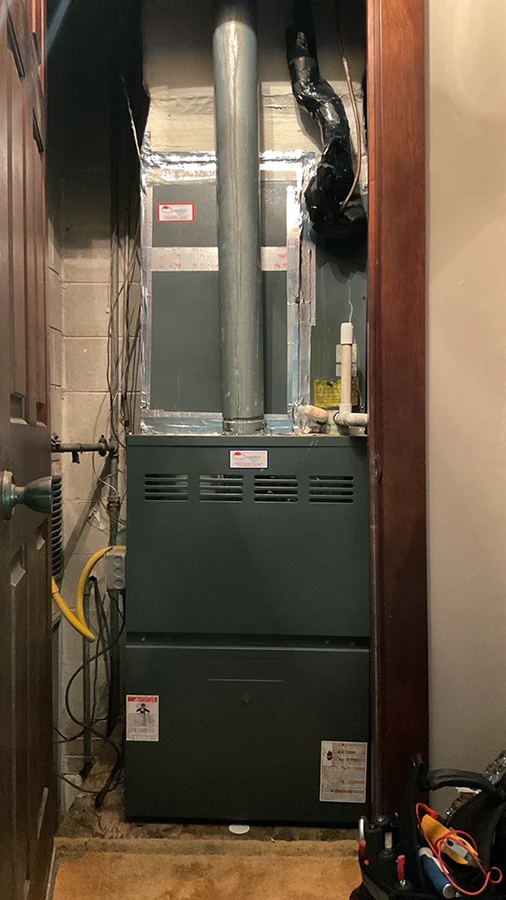
Climate Masters provides several services to maintain a comfortable environment in your home throughout the year. Among these services, furnace installation is a popular choice. It is crucial to select a trustworthy HVAC contractor for this service. Our team will guide you through the furnace installation process, discuss the various types of furnaces that are available, and address the costs involved in getting a new furnace.
Selecting a trustworthy HVAC contractor is crucial for your heating system, and Climate Masters, Inc. is a reliable choice. Our skilled technicians can handle all furnace installation tasks, such as gas line installation and new furnace unit installation. With years of experience, we have helped many homeowners in the area pick the ideal heating system for their homes and budget. We'll collaborate with you throughout the process to ensure you receive the best furnace system for your needs.
Why Trust Climate Masters, Inc. with Your Furnace Installation?
When you choose us, you're opting for a company with a proven track record, dedicated to providing reliable and efficient heating solutions tailored just for you."
What Are Ductless Furnaces?
Ductless furnaces, often part of a ductless heating and cooling system, offer a versatile solution for spaces without existing ductwork. These systems are made up of two main components: an outdoor unit and one or more indoor units. The indoor units can be mounted on walls or ceilings, and they're connected to the outdoor unit by a small conduit that requires just a three-inch hole in the wall.
Key Features
Ductless systems are becoming increasingly popular in various regions due to their flexibility and efficiency. Whether you're looking to upgrade your existing system or need a solution for a new addition, ductless furnaces provide an innovative and cost-effective option.
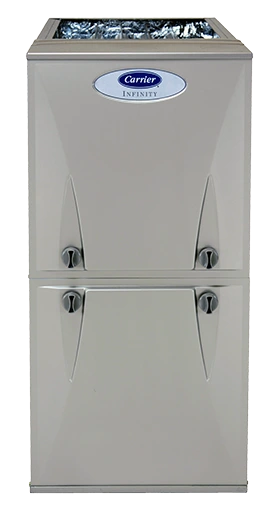
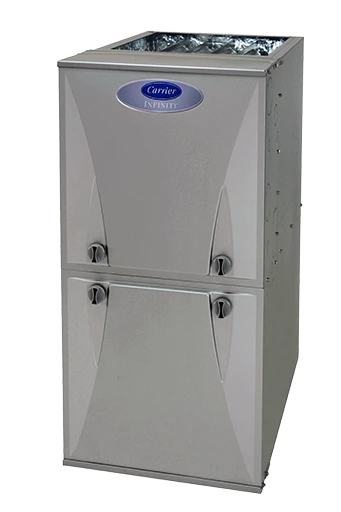
Determining whether to repair or replace your furnace can be a tough decision. However, there are several key indicators and considerations to guide you through this process:
Age of Your Furnace
Cost of Repairs vs. Replacement
Energy Efficiency and Home Comfort
Safety Concerns
By evaluating these factors, you can make a more informed decision about whether to repair or replace your furnace, ensuring both optimal performance and peace of mind.
When selecting a new furnace, it's crucial to prioritize energy efficiency. A furnace with high energy efficiency will not only reduce your carbon footprint but also save you money on energy bills in the long term. To determine energy efficiency, check for a high AFUE rating (Annual Fuel Utilization Efficiency) because the higher the rating, the more efficient the furnace.
Choosing the appropriate furnace size is crucial to effectively heat your home. If the furnace is too small, it won't perform well, and if it's too big, you'll end up wasting money and energy. Let our technicians assist you in identifying the ideal furnace size for your home by evaluating the square footage and other relevant factors.
To ensure optimal performance, our certified technicians will conduct a heating load calculation. This essential step considers various factors including the size of your home, the number of occupants, and insulation levels.
Why Proper Sizing Matters
Avoiding these pitfalls ensures your new furnace operates efficiently, saving you money and extending its longevity. With our expert guidance, you can be confident in choosing the right furnace for your home.
Finally, consider the type of fuel that you'd like to use with your new furnace. Gas and oil are two popular options and both can provide efficient heating for your home. Our technicians will help determine which option is best for you based on factors such as cost, availability, and energy efficiency.
We understand that purchasing a new furnace can be overwhelming, which is why our team of professionals is here to help. Contact us today and let us guide you on your journey to finding the perfect energy-efficient furnace for your home.
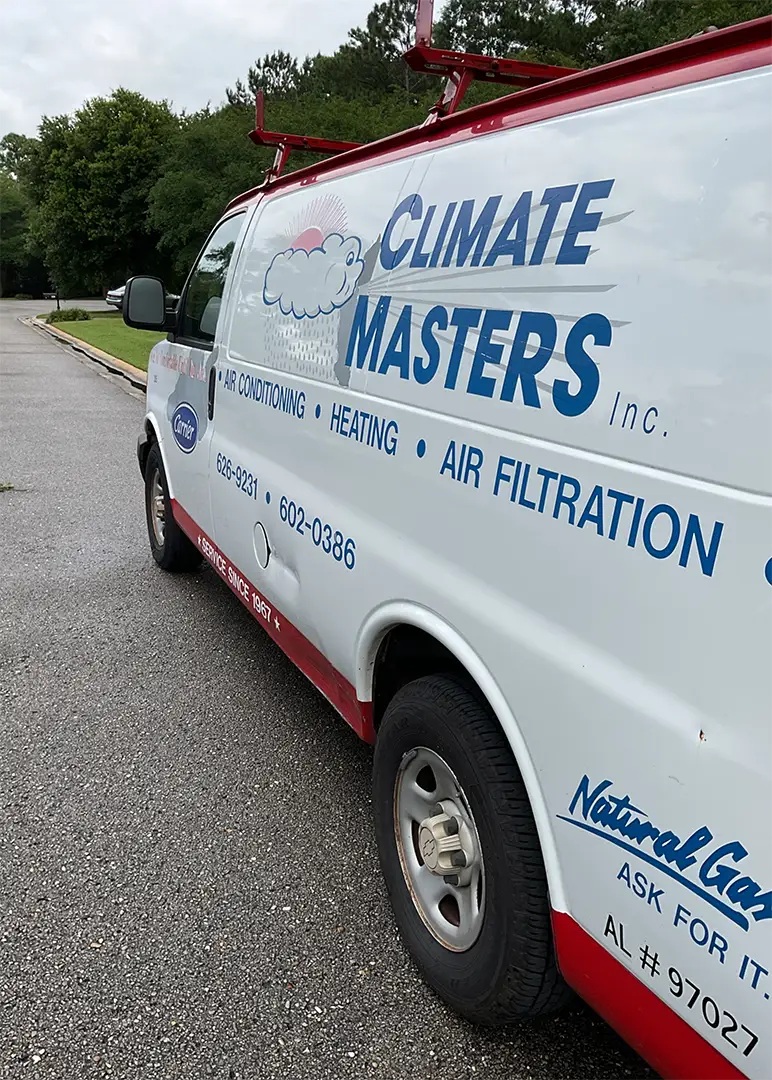
Is your furnace nearing the decade mark? It's wise to start considering an upgrade. Furnaces typically last between 12 and 15 years, and as they age, their efficiency can drop significantly. Swapping out that old system for a modern, energy-efficient model has many perks.
Lower Energy Bills
New furnaces use advanced technology to operate more efficiently, which means you'll notice a reduction in your monthly energy bills. These savings can quickly add up, making your investment worthwhile.
Reduced Repair Costs
Older furnaces often require frequent repairs, which can become costly over time. A new unit will be under warranty, providing peace of mind and minimizing out-of-pocket expenses for repairs.
Consistent Comfort
Modern furnaces are designed to provide more consistent heating throughout your home. Say goodbye to those chilly spots and enjoy even warmth in every room.
Improved Reliability
With technological advancements, newer furnaces are built to be more reliable and durable. This improvement reduces the chance of unexpected breakdowns, especially during those cold winter months.
Environmental Benefits
By upgrading to an energy-efficient furnace, you're also reducing your carbon footprint. Newer models are designed to be eco-friendly, helping the environment while keeping your home cozy.
Replacing an older furnace isn't just about avoiding breakdowns; it's an investment in comfort, savings, and sustainability.
Keeping your furnace filter clean is crucial for maintaining both air quality and system efficiency. Here's a detailed guide on how often you should change your furnace filter:
Consider Your Filter Type
Seasonal Maintenance
During peak heating seasons, like winter, your furnace works harder, which can clog filters more rapidly.
Factors Affecting Frequency
Several factors can influence how often you should change your furnace filter:
Other Considerations
By staying attentive to these factors, you'll not only prolong the life of your HVAC system but also ensure your home's air is as clean and healthy as possible.
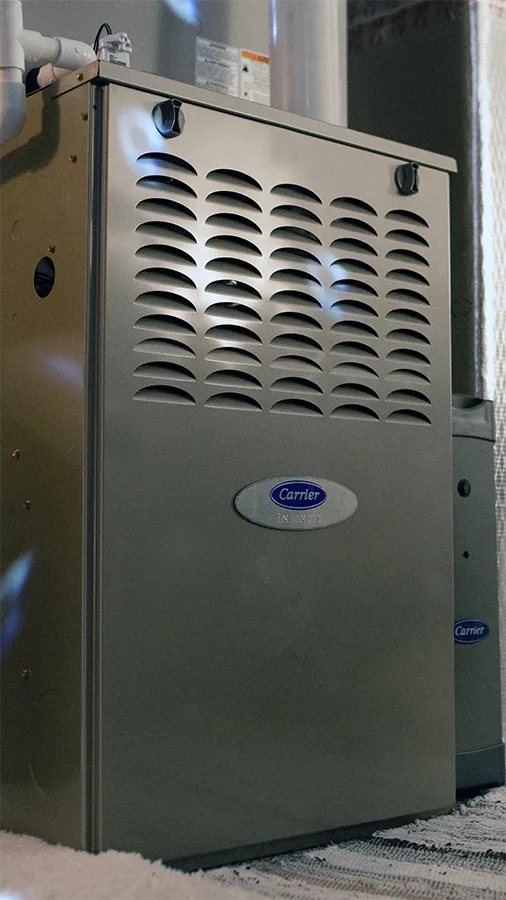


Determining whether to repair or replace your furnace can be a tough decision. However, there are several key indicators and considerations to guide you through this process:
Age of Your Furnace
Cost of Repairs vs. Replacement
Energy Efficiency and Home Comfort
Understanding MERV Ratings
The MERV rating, which stands for Minimum Efficiency Reporting Value, is a vital metric for those seeking to improve indoor air quality. This rating ranges from 1 to 16, providing insight into the effectiveness of an air filter at capturing different sizes of particles.
How MERV Ratings Work
Low Ratings (1-4): These filters capture larger particles like dust and pollen. They're suitable for basic filtration needs and are often found in residential settings that require minimal air quality control.
Mid-Range Ratings (5-8): These filters are more efficient and can trap smaller particles, such as mold spores and pet dander. They are commonly used in standard households for improved air quality.
High Ratings (9-12): At this level, filters can capture finer particles, including some bacteria and smaller allergens. This range is ideal for those with allergies or respiratory conditions who need enhanced filtration in their homes.
Top Ratings (13-16): These are high-efficiency filters capable of trapping very small particles, such as tobacco smoke and aerosols. They are typically used in hospital or laboratory settings but can also benefit homes requiring superior air purity.
Why Choose the Right MERV Rating?
Selecting the appropriate MERV rating for your air filter is crucial. It balances the filtration needs against the potential impact on airflow and energy costs. While higher MERV ratings mean better filtration, they can also restrict airflow more than lower-rated filters, leading to increased energy use if not matched correctly with your HVAC system.
For most residential applications, a MERV rating between 8 and 13 offers a good balance of air quality and system efficiency, ensuring cleaner air without excessively taxing your HVAC system.
Safety Concerns
By evaluating these factors, you can make a more informed decision about whether to repair or replace your furnace, ensuring both optimal performance and peace of mind.
